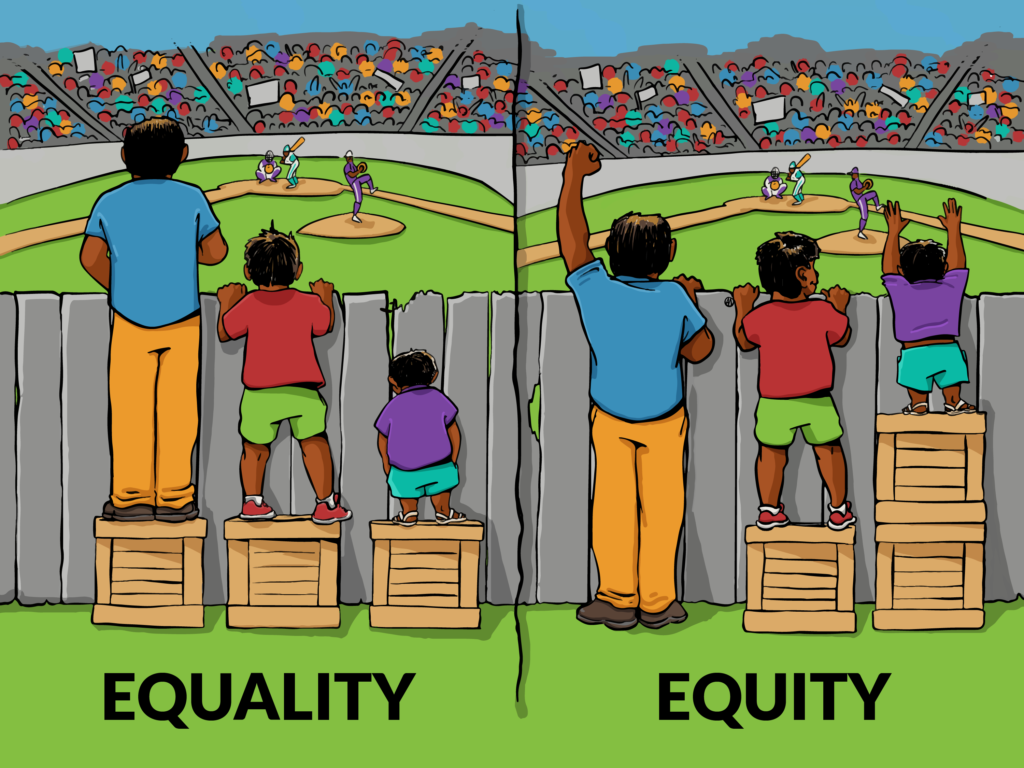One of our most common roles as a facilitator is as “teacher” to the researchers whose work we facilitate. It’s a role that not only requires a good set of communication skills, but also a knowledge of what our learners (researchers) already know, what they need to know, and what learning steps are necessary along the way. Furthermore, conscientious teaching naturally leads one to consider what makes learning easier or more difficult for various individuals. Many of our facilitators in ACI-REF are familiar with factors that impact learning, whether from real experience in working with a variety of researchers, or from formal information resources about teaching and learning, such as the Software Carpentry instructor training materials or the numerous books and courses in this space. For example, there’s a ton of information emphasizing the importance of factors like an individual learner’s prior knowledge, motivation, and perceived difficulty for learning new concepts and skills, whether formally or informally.
As I discuss the importance of ACI-REF’s “long tail” mission with those in the research cyberinfrastructure community, I’ve been forced to reflect a bit deeper on what these lessons mean for facilitation and for bringing the benefits of computing to “non-traditional” and “long tail” users of large-scale computing, most typically from the Life Sciences, Social Sciences, and Humanities. At most campuses and national computing resources, the bulk of large scale compute usage tends to come from researchers in the Physical Sciences, Computational Sciences, and Engineering, for whom computing has been a significant and integral component of research in these domains, and for many years. Researchers in these domains typically come to a facilitator with at least an established appreciation for computation and a certain amount of peer support, if not notable computational experience. Furthermore, most of the compute usage at a campus research computing center may come from a relatively small number of researchers (or groups) who use significant amounts of compute hours based upon ongoing and significant experience with scalable computation. However, there is a much larger number of researchers who make up the “long tail” of compute usage, where each researcher may be leveraging a more modest amount of computing.
An ongoing challenge in this ecosystem is that we have to help some of our more vocal researchers to progress from readily functional to skilled practitioners, while at the same time helping others to get from no large-scale computing experience to productively functional. In my mind, we’re helping a researcher on the one hand to go from 70 MPH to 80 MPH, while the other is more like going from 0 MPH to 50 MPH. Just as for large-scale computing, teaching someone to drive at all is transformative in their abilities and achievable outcomes, while simply helping someone to drive faster is less likely to have the same extent of impact.
This is not to belittle the importance helping one researcher over another. Rather, I mean to point out that even though the process of teaching someone to go from 0 to 50 may be less exciting, it’s worth our time and effort. Because of the potential for transformative impact, it’s likely worth the extra time and effort it takes to elevate this person’s capabilities. We must realize the greater learning deficit for such individuals and also recognize that a greater number of these cases likely go unseen in the “non-traditional” and “long tail” domains, because of their lesser experience and domain-specific comfort with large-scale computing.
As I work with researchers who have never before left the comfort of desktop GUIs, and as I discuss the importance of effective strategies for engaging the “long tail”, I find that I’m constantly referencing a popular image floating around the web on the difference between equality and equity.
First, we need to recognize the equitable importance of working harder for researchers who are just learning to drive in order to bring them “up to speed”. Fortunately, we also therefore naturally led to recognize that this extra effort is likely to have transformative impacts on societal outcomes of computational research. Thirdly, we must also remember that in order to understand the necessary effort to equitably elevate a researcher’s computing capabilities, we have to get to know them, individually, and then compliment standardized learning materials with personalized consulting. To me, THAT is facilitation in a nutshell.
